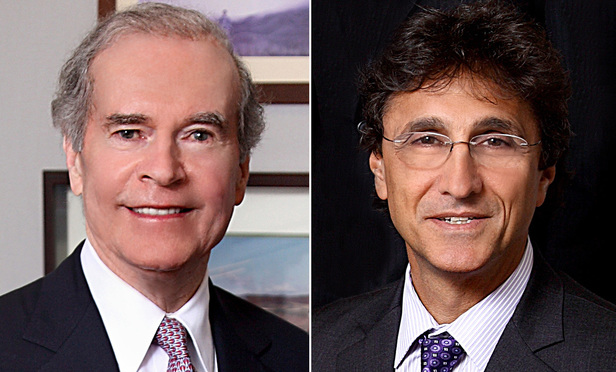More than 30 years have passed since the Legislature adopted CPLR 3101(d)(1)(i), which requires the disclosure of information regarding expert witnesses litigants intend to call at trial. Although the section was passed as part of a comprehensive medical malpractice “reform” package, it applies to all litigation.
Over the past three decades, countless Appellate Division decisions have addressed various issues raised by the statute. Recently, in Rivera v. Montefiore Medical Center, ___ N.Y.3d ___, 2016 WL 6104602, the Court of Appeals passed on one such issue—the timeliness of an objection based on an insufficient disclosure. This was the first time the court had ever addressed the statutory requirements for expert disclosure, and it provides an occasion to revisit a subject that this column has not covered for some time.1 Before discussing Rivera, we will review some of the principles that may be divined from the decisions interpreting CPLR 3101(d)(1)(i) relating to preclusion of expert testimony based upon untimely or insufficient disclosure, and discuss some Appellate Division decisions applying those principles in malpractice actions.
Principles and Decisions
This content has been archived. It is available through our partners, LexisNexis® and Bloomberg Law.
To view this content, please continue to their sites.
Not a Lexis Subscriber?
Subscribe Now
Not a Bloomberg Law Subscriber?
Subscribe Now
LexisNexis® and Bloomberg Law are third party online distributors of the broad collection of current and archived versions of ALM's legal news publications. LexisNexis® and Bloomberg Law customers are able to access and use ALM's content, including content from the National Law Journal, The American Lawyer, Legaltech News, The New York Law Journal, and Corporate Counsel, as well as other sources of legal information.
For questions call 1-877-256-2472 or contact us at [email protected]



